#Black American cinema
Explore tagged Tumblr posts
Video
vimeo
A PLACE OF RAGE (1991) Pratibha Parmar Running Time: 52 min
An exuberant award-winning documentary a film by Pratibha Parmar made its debut in 1991 yet it's content is still one of the richest and most cherished with interviews from Angela Davis, June Jordan and Alice walker. A celebration of the contributions and achievements of prominent African American women, the film features Angela Davis, June Jordan and Alice Walker. Within the context of civil rights, black power, lesbian and gay rights and the feminist movement, the trio reassesses how women like Rosa Parks and Fannie Lou Hamer revolutionized American society and the world generally.
#Pratibha Parmar#a place of rage#documentary#black american cinema#angela davis#june jordan#alice walker#film#cinema
23 notes
·
View notes
Text
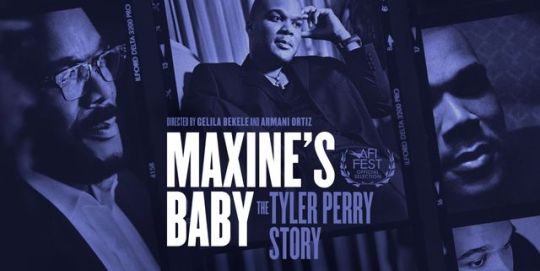
Maxine’s Baby: The Tyler Perry Story
Perry’s legacy in film, in Black American culture is imprinted. Generationally. What he’s done in the industry is groundbreaking. His non-traditional approach and method to all he’s accomplished is a testament to what we’ve always done as Black Americans when it comes to everything — having a seat at our own table we built. He broke the mold and shattered the glass ceiling. He truly has the Black American, ancestral lineage of perseverance running through his blood!
I also learned so much more about him and his relationship with his mother and his mother in general that I hadn’t known. Also, parts of him speaking about his mother connected a lot of why he has certain perspectives on life and relationships. The Black women in his life (his mother and aunt who is hero-like in my opinion for the type of action of love) truly played the biggest roles in his shaping as a young boy to becoming a man. We got an inside view of his mind and the journey of him becoming who he is.
Seeing the enormity of his success just is positively moving and stirring. I found myself super proud with the scenes of the grand opening of his ultimate studio! Those parts of the docu had me feeling like I could conquer anything. All of the studio grand opening touched my heart and made me smile tears of joy in the simple fact that he is the embodiment of our ancestors’ love, hope and courage. He built on what they started and I can feel them saying, “Well done.”
It’s moving and emotionally charging.
He also allowed us into the parts of his life as a father to his son. You can tell all that he does and is doing is to be able to give out the love he wished he could’ve gotten from the father-figure now, in life. His relationship with his son is so beautiful.
The intimate portrait, bio styled documentary was a great watch. I definitely recommend.
Now….I must speak on the issues that I took with aspects of his footprint on the landscape of film.
Perry loses me when he says things like, “…what we’ve done to each other as Black people who are successful…”. He referenced the boycotting Amos ‘N’ Andy had received in its time along with Alice Walker’s The Color Purple. Amos ‘N’ Andy’s controversy: this show (was a TV adaptation of the radio sitcom of two white men who “adopted stereotypical dialect, intonations, and character traits that had been established in the blackface minstrel tradition in the 1800s”) came out in the midst of the Jim Crow era. An era we all know served to present imagery of Black Americans in racist propaganda replete with racist stereotypes and tropes. And the actors weren’t white men in blackface but actual Black men in these roles. Which is also the similar criticisms Perry’s Madea character receives.
The two shouldn’t be paralleled. Amos ‘N’ Andy was clearly stereotypical mockery (and no condemning the actors at the time) while Walker’s book is “inspired, in part, by a story that Walker's sister told her, about a love triangle involving their grandfather.” It is an account of real life experiences—a real depiction of what Black people, specifically Black women, were going through in the early 1900s in the Deep South. On the heels of freedom (this is post American slavery with the signing of the Emancipation Proclamation) yet still facing the aftershocks of “ending” slavery (racism has never ended), Black women still faced slave-like treatment from former plantation & slave owners and now sexism & patriarchal treatment from their partners (I say now not in a sense of this being completely new). All while gaining more freedom in their outspokenness for the domestic plights they faced with their significant others and demanding equal rights.
Walker’s book and the following film adaptation received backlash on account of the increasing fracture between Black women and Black men in a post “free” society.
Perry also mentioned the not so pleasant views Langston Hughes had with Zora Neale Hurston and her usage of the Black Southern dialect in her writings. That too is incomparable because again, she conveyed real life. These were not caricatures she fictionalized for comic relief.
(please leave Alice Walker and Zora Neale Hurston’s works alone in correlation to yours)
Or in an appearance from Killer Mike (in Perry’s documentary) alluding to the fact that other groups of people don’t take issue with the negative depictions of their people in film.
One — yes they have and do. Has he spoken to any other ethnic group to ask?
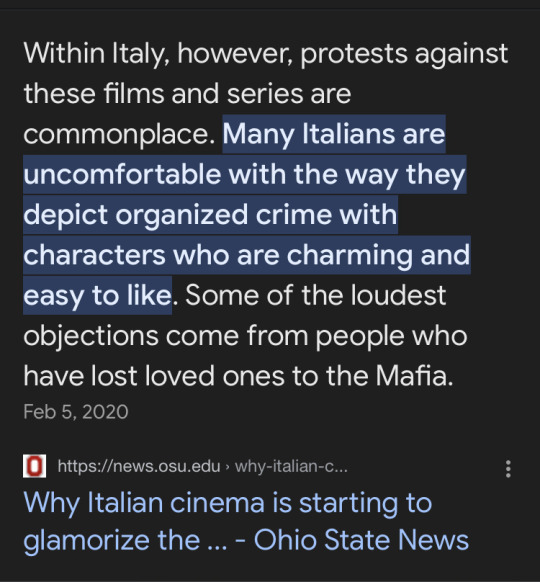
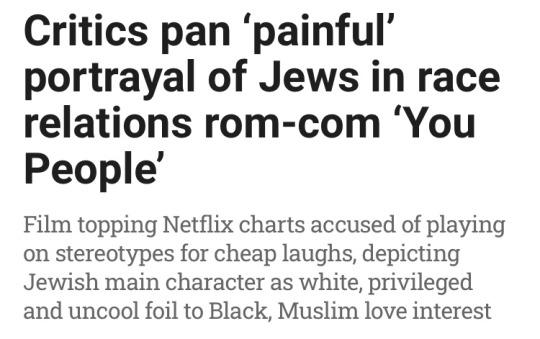
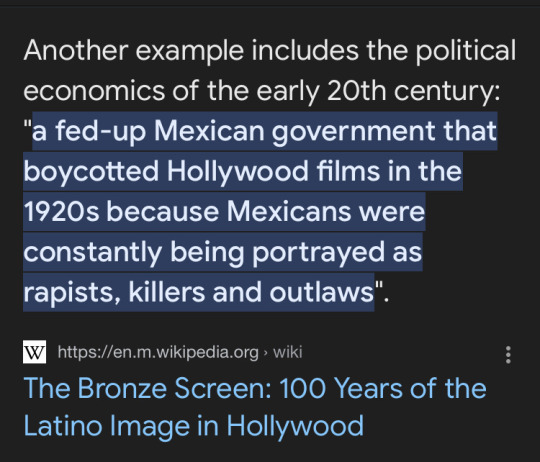
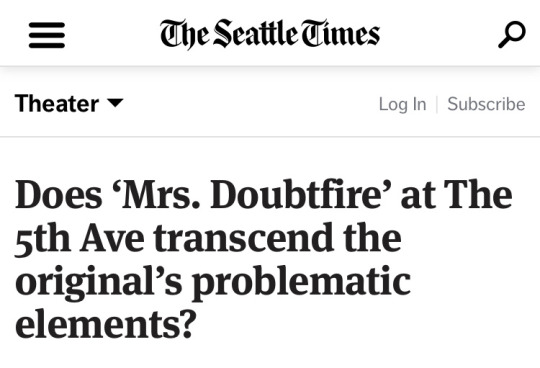

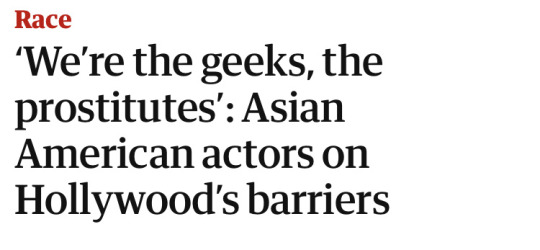
Two — yes, your core demographic, who is Black, will have the most dialogue regarding your work. Who else would? White people? No, because you don’t make art for them. Your work is rooted through the lens of Black Americans. Of course the biggest critique will come from us.
We have a very different relationship with our own country and the world at large. Centuries of ridicule in minstrel shows with not Black (because yes, it wasn’t only white people performing in blackface to mock us) people donning blackface or in film with dangerous propaganda that single-handedly created a racist, terrorist group (k k k). We are still dealing with the aftermath of these harmful depictions and are in constant corrective mode. It’s a continual action.
He spoke about intention as well. And while I don’t believe Perry’s intention of the Madea character (or any of his characters in his films, shows or plays—that’s a different conversation…among other talking points surrounding him can be discussed in an entirely separate talk) was to be problematic it is very damaging to the representation of Black American women — two things can exist. Especially considering all the negative portrayals and images of us over the many, many, many years in all forms of media that the character fits into (again no condemnation on any of the actresses at the time).
But with everything I’ve said, Madea will just always have a kindred connection with me.
I was first introduced to Tyler Perry years ago from a cousin who lent me a VHS of both “Madea’s Family Reunion: The Play” and “Diary of a Mad Black Woman: The Play”. And when Madea came across my screen in that loud shiny red funeral squirt suit, there was an instant likability! I laughed more than I had from anything scripted — in fact, his plays were the first time I had ever watched a stage play. And from then, I have always had a special place in my heart for his plays and for Madea! I purchased 6 DVDs of his plays afterwards and the “Diary” film while I was in my freshman year in college and those plays got me through my first year.
I am glad he’s since retired the character and opened a new chapter of the work he’s putting out but I can acknowledge that Madea and the work pre-Madea’s retirement has been and is a source of joy for me.
And I think that’s what Tyler wants to do with all that he does.
Bring us joy.
#Maxine’s Baby: The Tyler Perry Story#Tyler Perry#cinema#Black America#film talk#Black American cinema#film industry#Southern culture#Black tumblr#Black American culture#might be typos
5 notes
·
View notes
Text

#Will smith#black hollywood#black cinema#black americans#black American Cinema#black american culture#african american#Apple TV
1 note
·
View note
Text

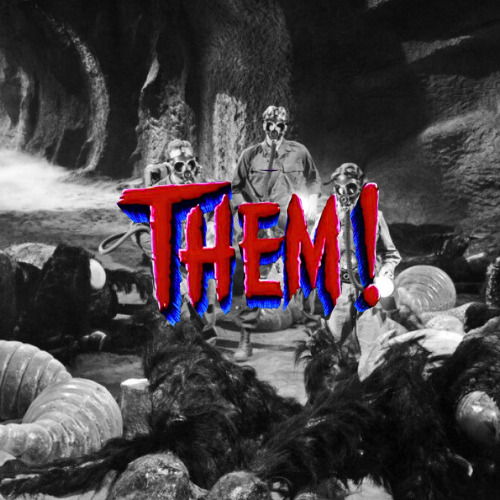
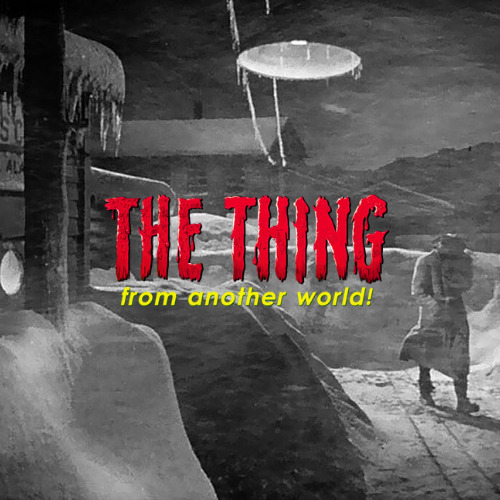

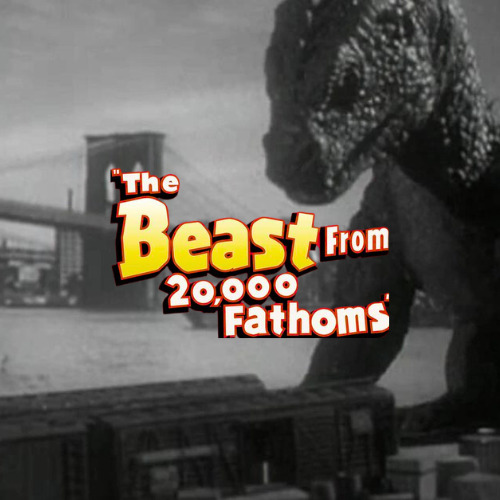
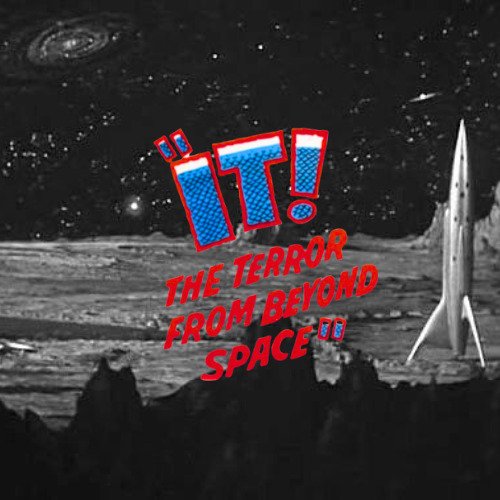
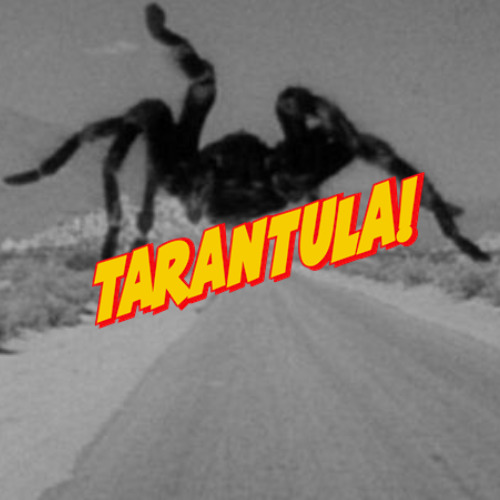

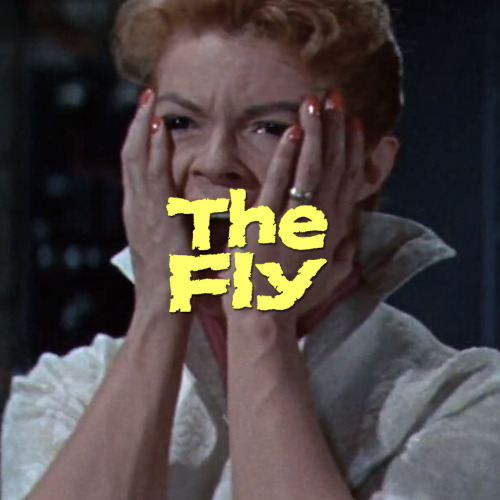
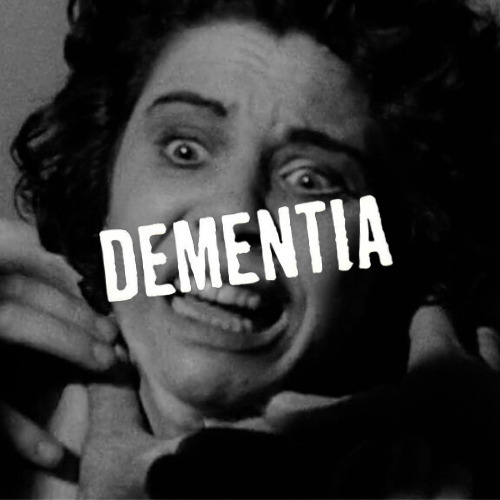
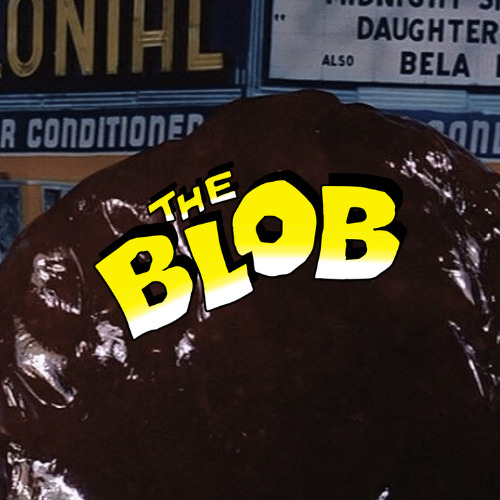



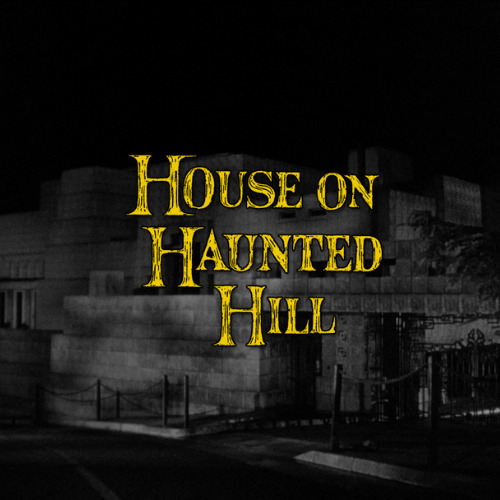

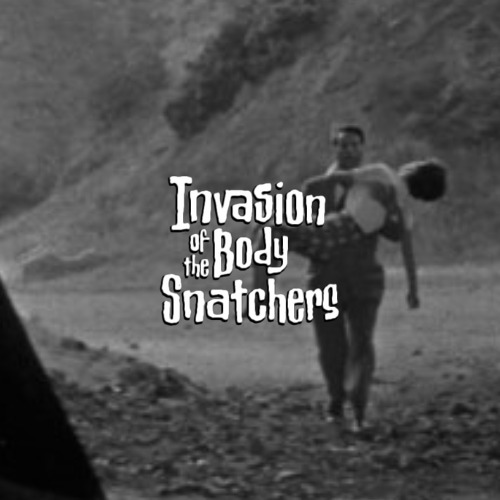

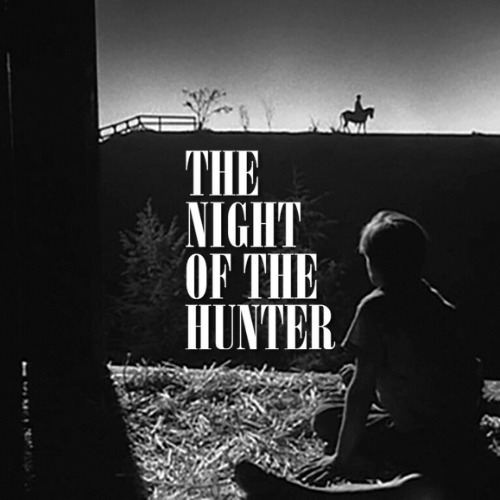


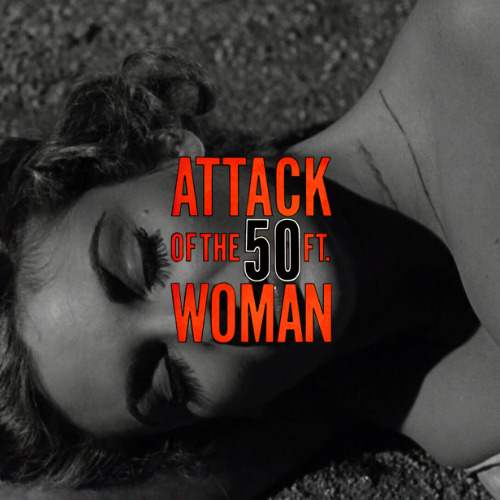
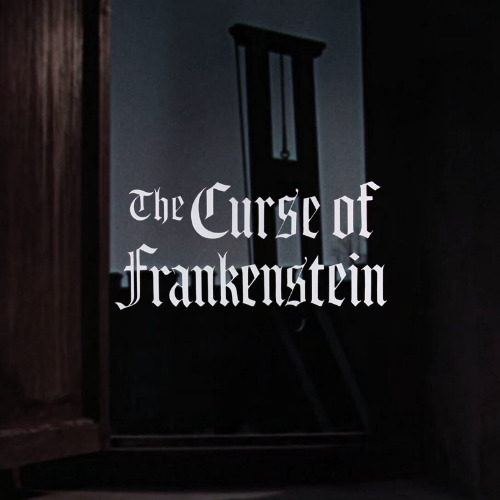


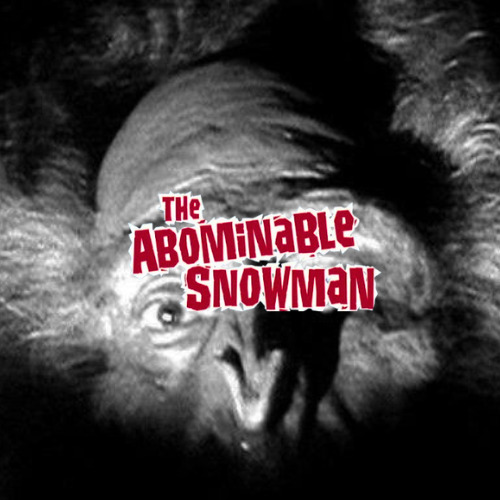

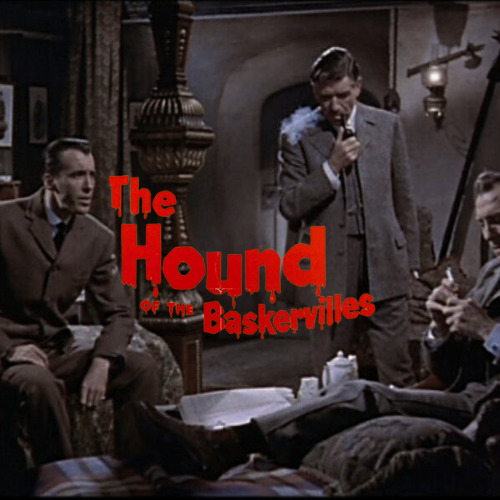

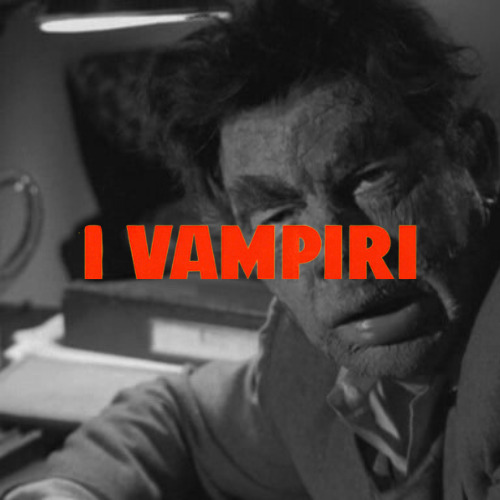
“1950s horror movies contrast radically with their 1940s predecessors. understandably – they were reflecting a whole new world. audiences wanted stories that connected directly to their lives, to the ever-expanding technology in their homes and workplaces. they also wanted horror movies that played to their fears – stoked by politicians – of the shadows that lay beyond their immediate, personal experience of the shiny american dream (applies to some of these movies).”
#obviously the american dream part really only goes for the american ones listed no the foreign ones#horror#horror movies#horroredit#moviesedit#filmedit#cinema#horror cinema#the creature from the black lagoon#them!#the thing from another world#curse of the demon#the beast from 20000 fathoms#it! the terror from beyond space#tarantula#fiend without a face#the fly#dementia#the blob#the bad seed#plan 9 from outer space#the mummy#house on haunted hill#horror of dracula#invasion of the body snatchers#house of wax#the night of the hunter#godzilla#les diaboliques#attack of the 50 foot woman
2K notes
·
View notes
Text
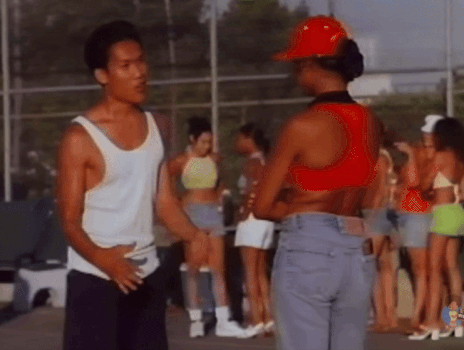

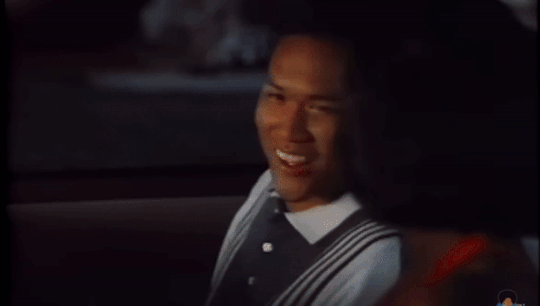

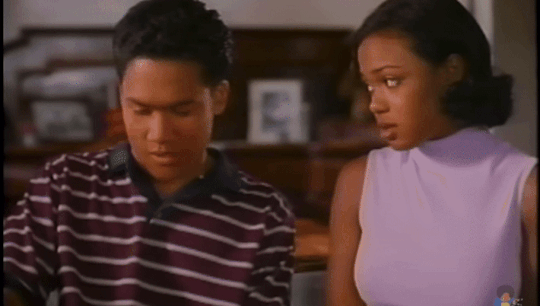
Dante Basco and Tatyana Ali in Fakin Da Funk (1997)
#imanisaysboard#they were so cute to me#dante basco#tatyana ali#fakin da funk#ambw bwam#I was obsessed with him btw#couples#90s couple#black cinema#american cinema#black girl moodboard#90s films#90s cinema#90s style#90s fashion#90s movies#asian men#black girl#afro latino representation#latina actress#black actresses#woc#wocdaily#wocedit#imani:gifs
449 notes
·
View notes
Text



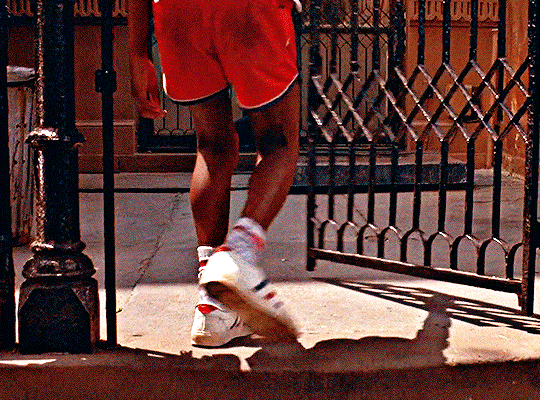
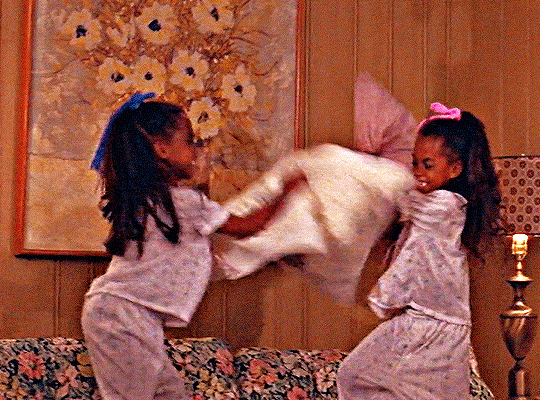
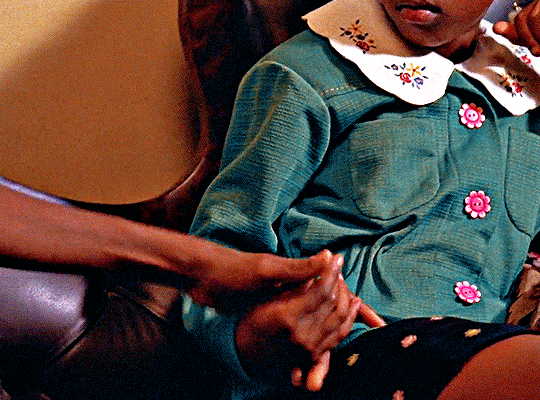
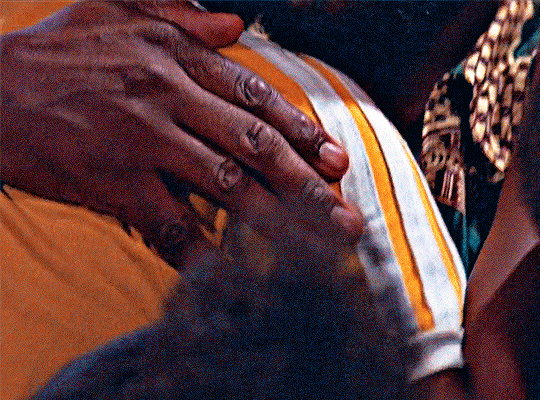

Alfre Woodard on Crooklyn (1994) for R29:
“To my knowledge, we hadn’t seen a Black family that was just presented as we are in life, as human beings,” Woodard said. “I get told in Belgium by white Belgians ‘I love Crooklyn, it reminds me of growing up.’ Which is what happens when you tell a story from a specific point of view, you don’t have to mention race. You didn’t get up this morning like ‘I’m a black woman that wants a cup of coffee.’ You just want a cup of coffee. It was us as we are. Just us being fabulous, complex, funny, delightful, and making ends meet. And seeing, even within that story, that we’re not monolithic...The specificity is what makes it universal. Diversity is not the point; showing reality is the point.”
#i just love it sm this is ur sign to watch Crooklyn again#happy 30 yr anniversary#crooklyn#spikeleejoint#crooklyn (1994)#mygifs#cgedits#gifsets#film#filmgifs#moviegifs#blackinmotionpictures#cinematv#american cinema#hd gifs#spike lee#Ruth E. Carter#black film#black movies#black#black culture#black women#poc#black hair#black history#joie lee#delroy lindo#Alfre Woodard#zelda harris
597 notes
·
View notes
Text


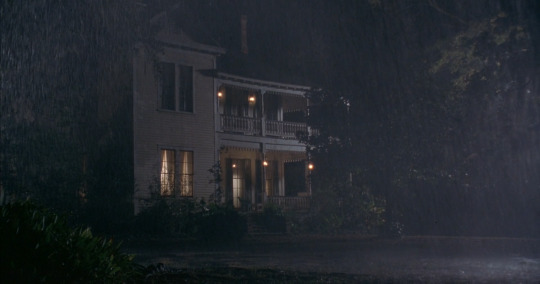
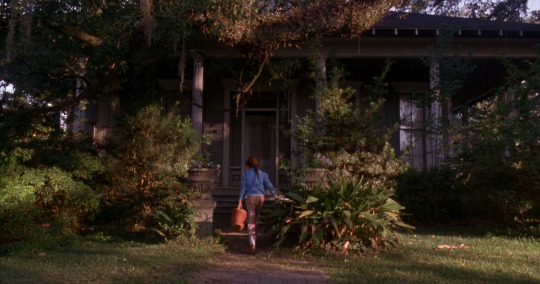
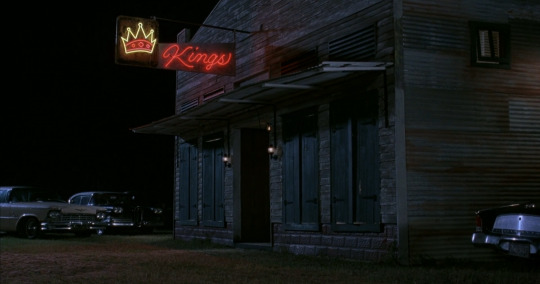
Eve's Bayou (1997), dir. Kasi Lemmons
#eve's bayou#southern gothic#american gothic#louisiana#rural gothic#black films#90s cinema#90s movies#deep south#gothic film#kasi lemmons#josiah's caps#female directors#black female directors#black directors
1K notes
·
View notes
Text

#black moodboard#black tumblr#moodboard#melanin#black is beautiful#beauty#black cinema#pan africanism#african american#couple goals#relationship goals#marriagegoals#manifesting#true love#soulmates#twinflame#love story
173 notes
·
View notes
Text
Spike Lee as Shorty & Denzel Washington as Malcolm X in Malcolm X (1992).
Classic Black Cinema 📽️
Source
#black tumblr#black art#black women#theafroamericaine#black fashion#black girls of tumblr#black culture#black hair#black history#classic film#malcolm x#spike lee#1990s#90s movies#nostalgia#cinema#denzel washington#watch#melanin#melanated#black people#black men#black moodboard#history#america#african american#africa#zoot suit#culture#heritage
73 notes
·
View notes
Text

❀ 𝐉𝐞𝐚𝐧 𝐒𝐞𝐛𝐞𝐫𝐠 (𝟏𝟗𝟔𝟐) ❀
#jean seberg#1960s#60s#sixties#fashion#60s fashion#60s women#vintage#vintage fashion#paris#france#vintage celebrities#photography#black and white photography#vintage photography#styleicon#old hollywood#golden age of hollywood#french new wave#new wave cinema#new wave#60s icons#60s actress#american actress#60s photography#vintage aesthetic#swans
67 notes
·
View notes
Text
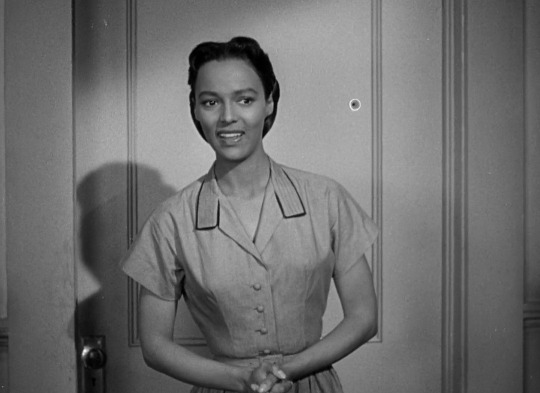
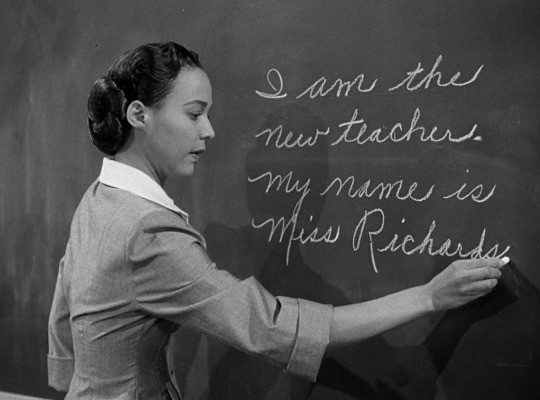

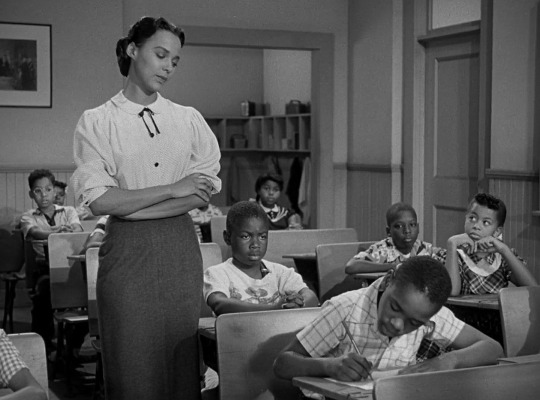
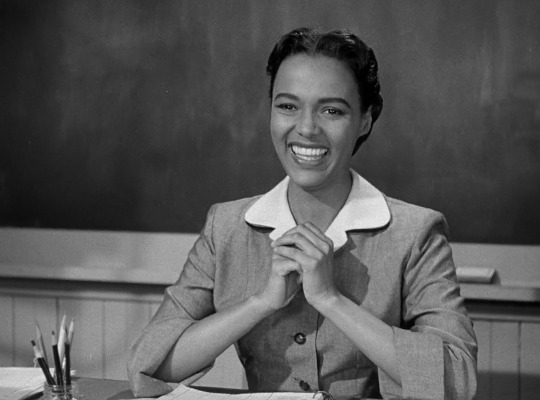
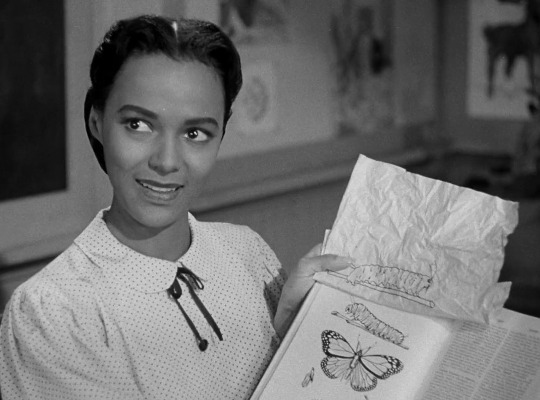
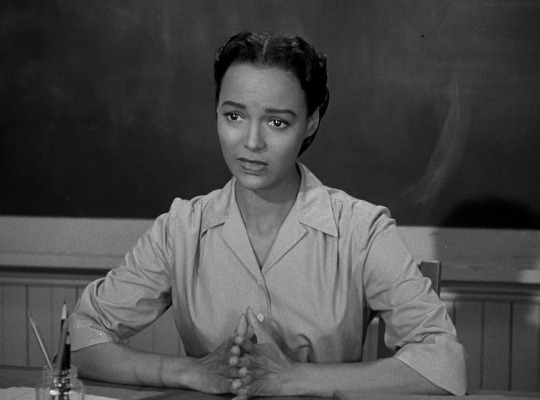
rest in peace. your light still continues to shine bright.
dorothy dandridge as ms. richards in bright road (1953) dir. gerald mayer
#bright road#gerald mayer#dorothy dandridge#film aesthetic#film stills#film#vintage films#black and white film#american cinema#50s vintage#50s films#50s film#black and white#american movie#american film#women of color#old hollywood#hollywood icons#old hollywod glamour
54 notes
·
View notes
Text

Mishima: a Life in Four Chapters
#mishima#mishima: a life in four chapters#paul schrader#masato aizawa#japanese actor#us american film maker#international cinema#1980s#saint sebastian#guido reni#black and white#book illustration#illustration#yukio mishima#japanese writer#homoerotism
48 notes
·
View notes
Text
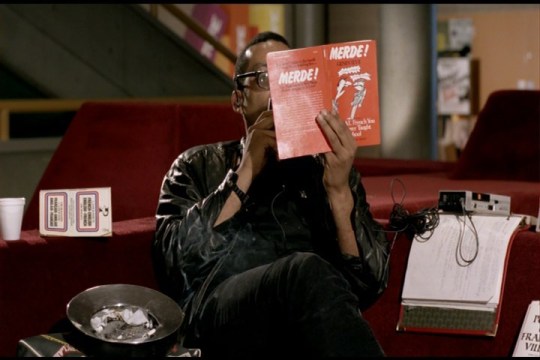
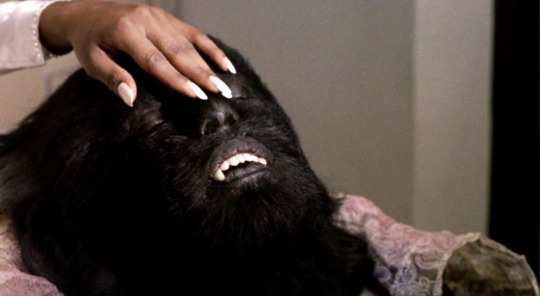
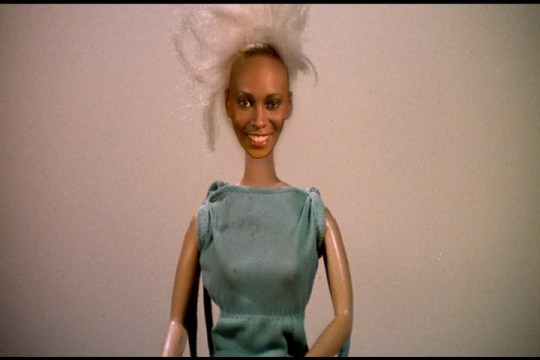
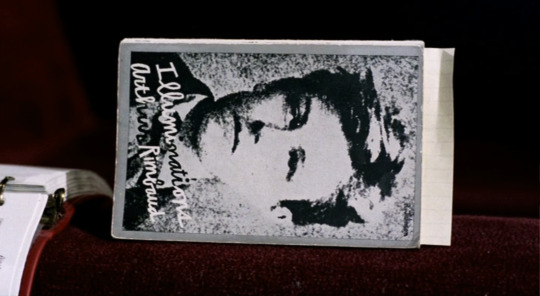
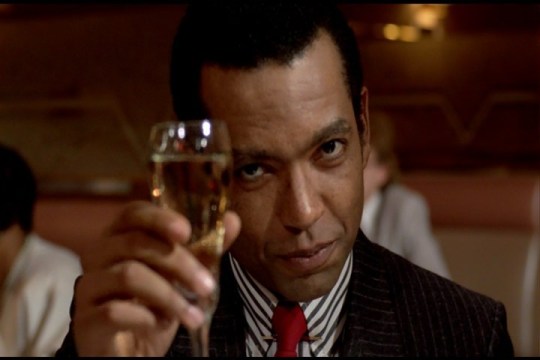
Chameleon Street (1989) dir. Wendell B. Harris Jr.
It amazes me that whites avidly seek after all the accoutrements of black style. You pickle your bodies in gallons of tanning lotion, you broil your pale flesh brown in the tanning spas at great expense and all the while maintaining such a marvelous contempt for black people. You wily Caucasians.
#chameleon street#wendell b. harris jr.#film#film still#watched in st louis#criterion channel#quote#books#books in film#black cinema#american cinema#watched in november 2023
175 notes
·
View notes
Text
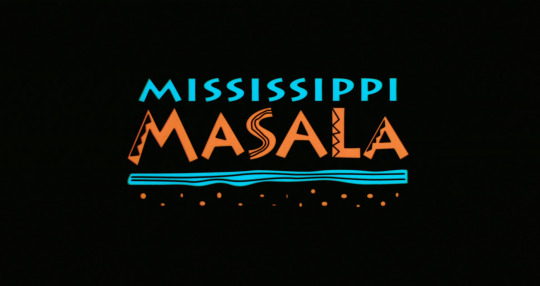


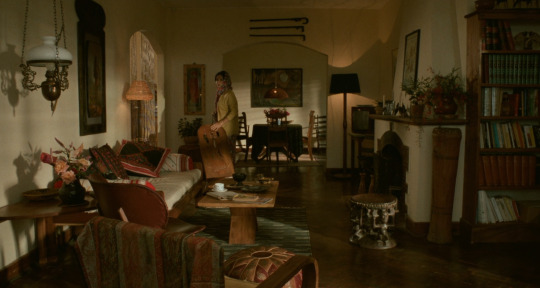
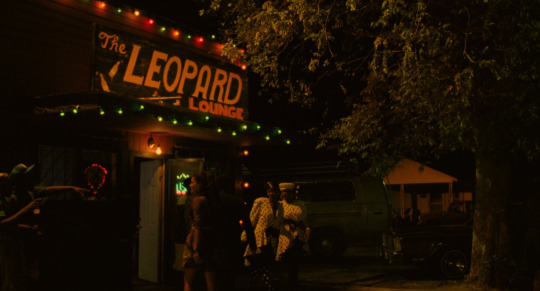
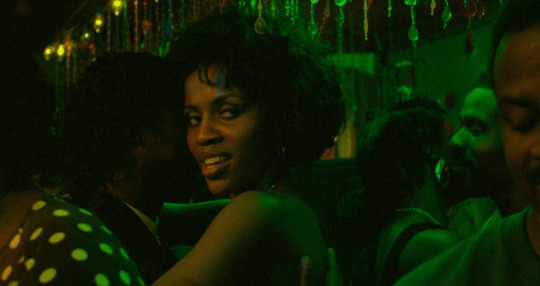
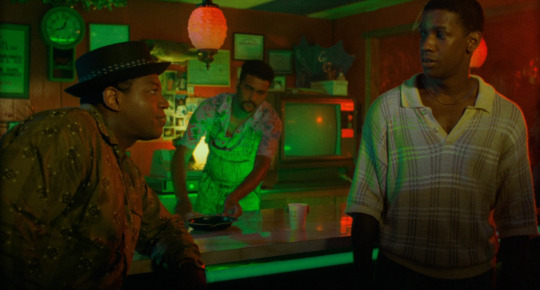

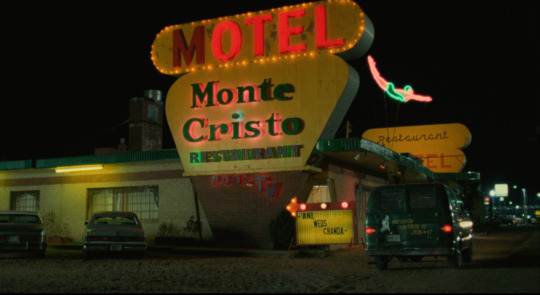
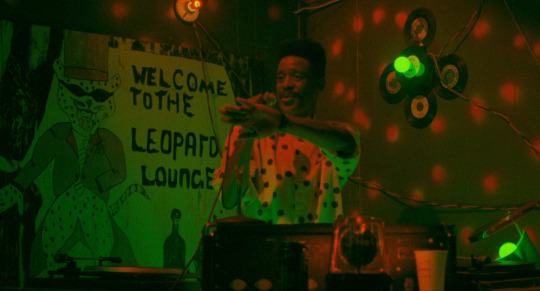
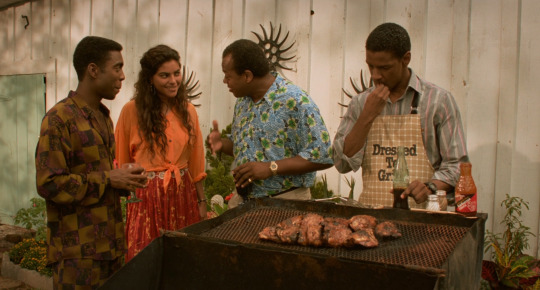
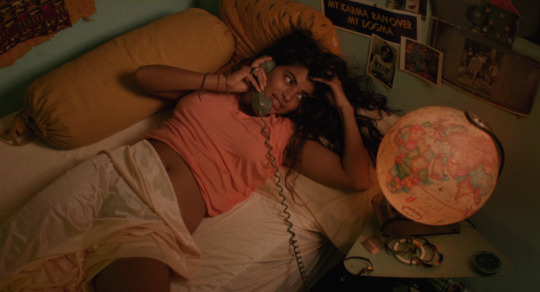
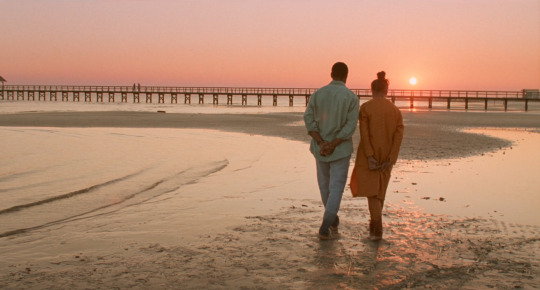

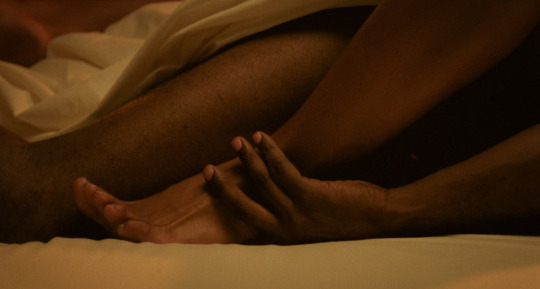
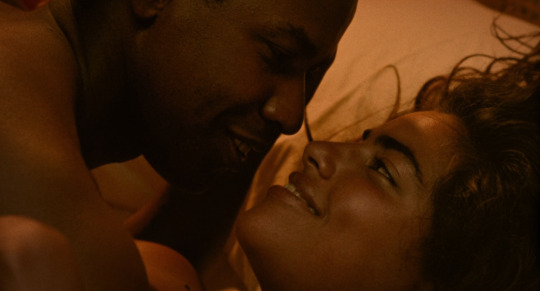

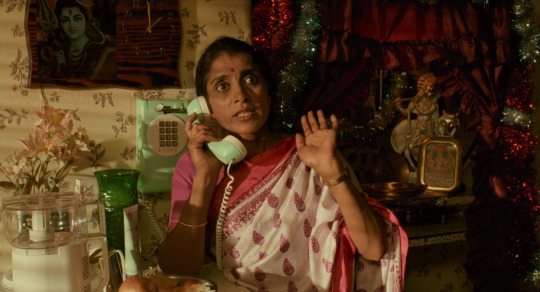
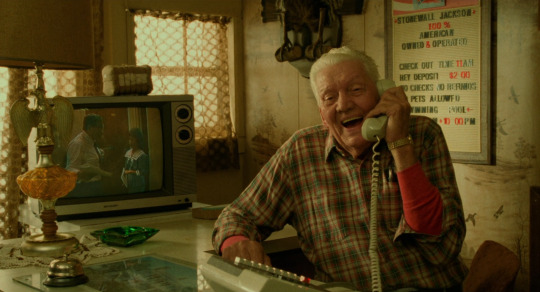
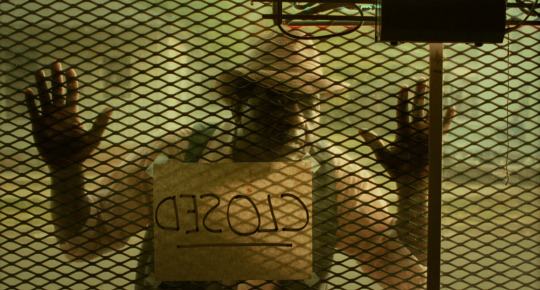
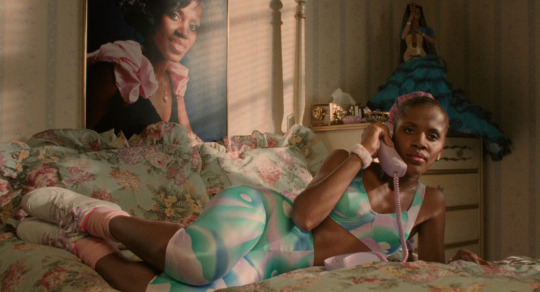
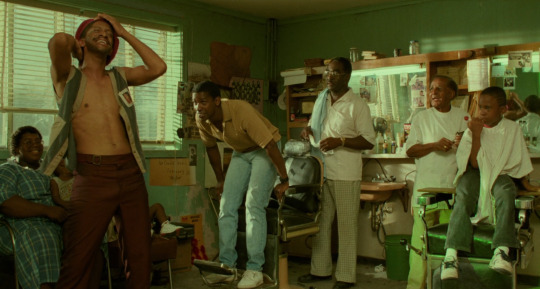

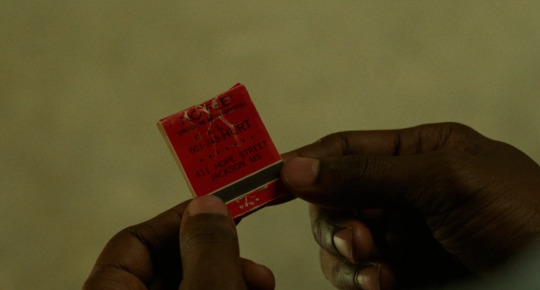
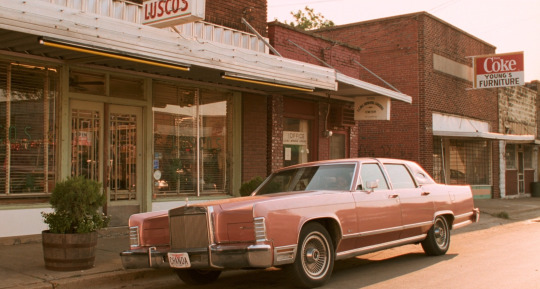
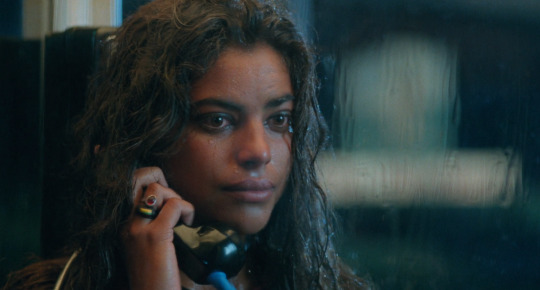
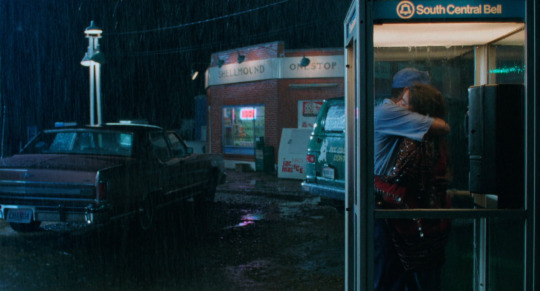
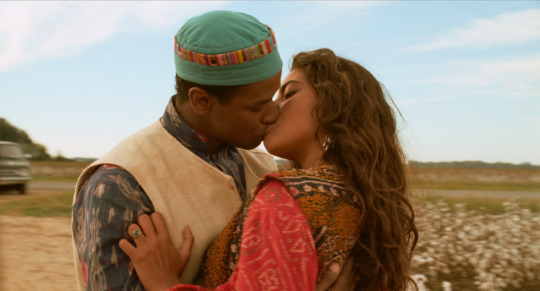
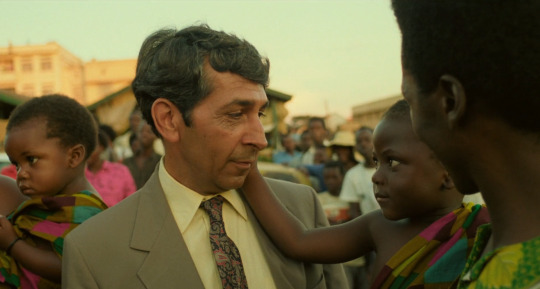
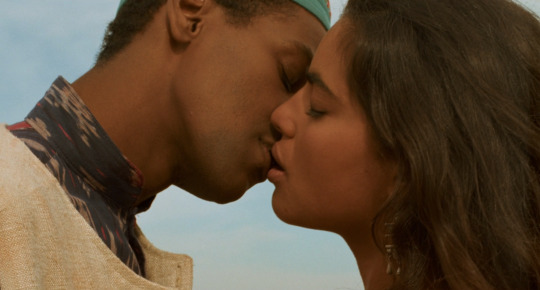
Mississippi Masala (1991)
Two of the Hottest People You’ve Ever Seen fall in love—despite the protestations of their families and the cultural differences that divide them—against the backdrop of the dreary Deep South in Mira Nari’s sexy, undeniable romantic dramedy.
Director: Mira Nair
Cinematographer: Edward Lachman
Production Designer: Mitch Epstein
Costume Designers: Ellen Lutter and Susan Lyall
Starring: Sarita Choudhury, Denzel Washington, Roshan Seth, Sharmila Tagore, Charles S. Dutton, Joe Seneca, Ranjit Chowdhry, Mohan Gokhale, Natalie Oliver-Atherton, Sahira Nair, and Konga Mbadu.
#mississippi masala#1991#mira nair#sarita choudhury#denzel washington#sharmila tagore#natalie oliver atherton#romantic comedy#costume design#feminist film#female directed films#90s movies#independent film#mississippi#cult classic#criterion collection#indian american#black history month#steamy#female directors#woman director#directed by women#1990s#90s fashion#production design#cult film#90s cinema#feminist cinema#romantic movies#90s aesthetic
133 notes
·
View notes
Text

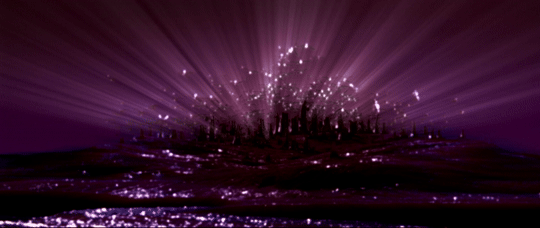

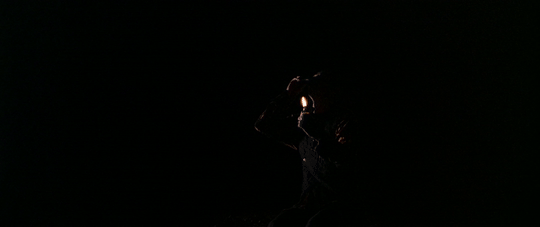
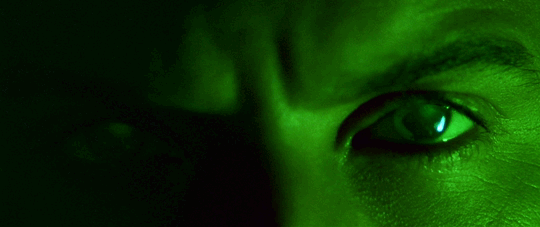
Pitch Black (2000) --------------------- dir. David Twohy cin. David Eggby cs. USA
#pitch black#riddick#chronicles of riddick#2000s#2000#2000 movies#vin diesel#radha mitchell#cole hauser#rhiana griffith#keith david#lewis fitz-gerald#david twohy#david eggby#science fiction#american cinema#horror#science fiction horror
107 notes
·
View notes
Text




Charlayne Woodard and Clifton Davis in “ Cindy” a AA retelling of Cinderella.
:
:
:
10/10
#imanisaysboard#imanisaysmovies#black woman appreciation#charlayne woodard#Clifton Davis#Cinderella#american cinema#70sedit#70s black woman#70s movies#70s vintage#black girl moodboard#blackactressesdaily#femaledaily#ladiesofcinema#black vintage#flawlessbeautyqueens#wocdaily#wocedit#movie recommendation#movie review#imani:gifs
86 notes
·
View notes